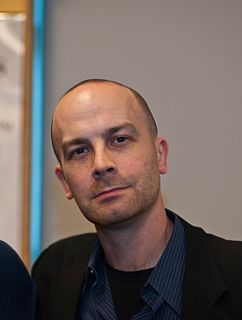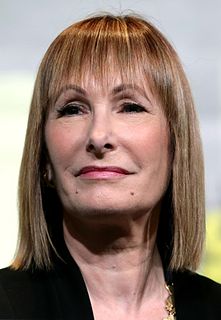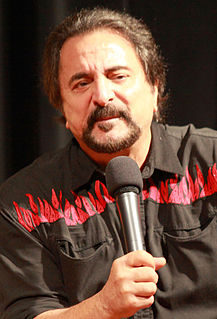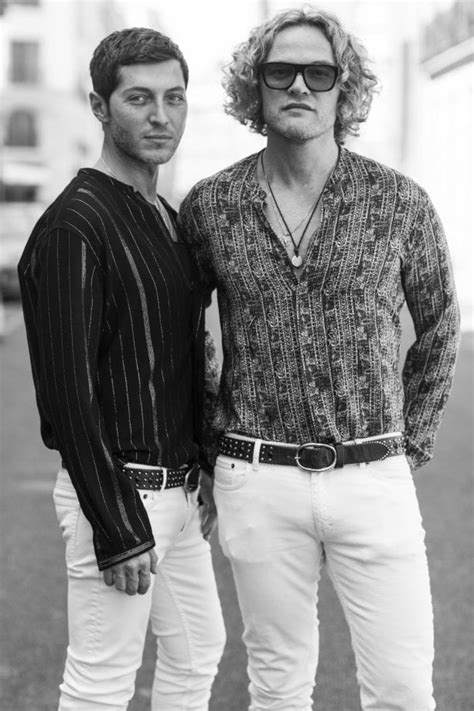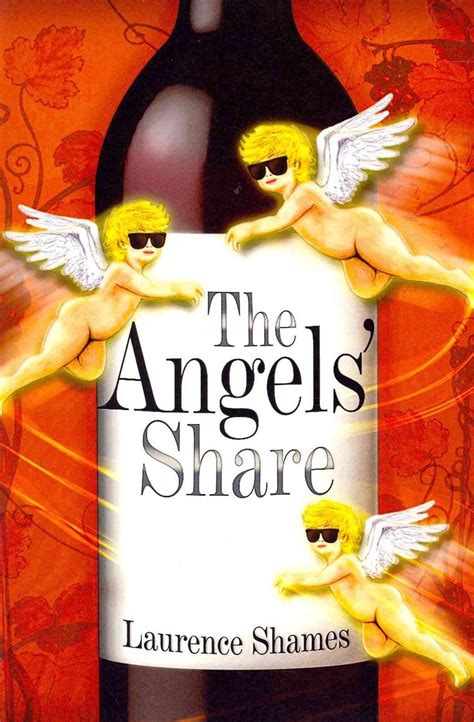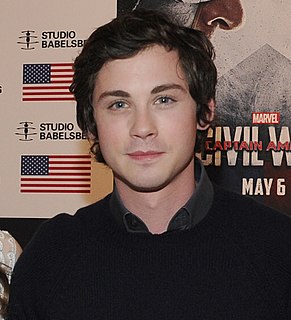A Quote by Scott Sigler
Related Quotes
When Emily Dickinson's poems were published in the 1890s, they were a best-seller; the first book of her poems went through eleven editions of a print run of about 400. So the first print run out of Boston for a first book of poems was 400 for a country that had fifty million people in it. Now a first print run for a first book is maybe 2,000? So that's a five-time increase in the expectation of readership. Probably the audience is almost exactly the same size as it was in 1900, if you just took that one example.
I think a lot of people, when they think about the house, they think of the print. But when people think about Emilio Pucci, I want them to think about this really, really hot girl, so my biggest job is to give her a face and an identity - and I do that by trying to associate that kind of print that people have in their minds with a kind of girl who is free-spirited, rebellious, a little bit rock 'n' roll, and who has a lot of energy, who is up.
